In this deep-dive episode, Daniel sits down with Steve Hodgegden, founder of Finance Land Sales and Modern Asset Management. Steve shares insights from his 30+ years in subprime lending, medical loan finance, and land investing. They discuss the psychology of subprime borrowers, the flawed logic behind no-interest land deals, how to build performing notes, and lessons learned from big mistakes like buying slope and flood-prone land. Steve also offers a raw, experience-based view of ethics, underwriting, and building a sustainable land business with long-term upside.
1. Subprime Borrowers & the Psychology of Repayment
⏱️ 0:00 – 9:01
Steve’s surprising niche: financing 7,000+ gastric bypass surgeries
Why people with bad credit sometimes make the best borrowers
The psychology behind aspirational land purchases and performing notes
2. Land Deals vs. Used Cars: Why Desert Squares Suck
⏱️ 9:01 – 15:10
Why he abhors no-down, no-credit-check land deals
His take on desert squares and used-car-lot logic in the land game
How he reframes seller financing to avoid the “loan-to-own” trap
3. Structuring Notes Ethically (and Legally)
⏱️ 15:10 – 22:09
Truth in lending: How most land sellers misrepresent interest
The right way to disclose pricing and offer early payoff rebates
Balancing ethics and business when working with lower-FICO borrowers
4. Mistakes, Slope, and Lessons from 600+ Land Transactions
⏱️ 22:09 – 41:12
Buying 23 acres “on the wrong side of a guardrail”
Slope, flood zone, and why you must walk the property
How bad deals still happen even with experienced partners
Learning from price reports, topography, and rural zoning realities
5. Legacy, Joint Ventures, and Sustainable Scaling
⏱️ 41:12 – 1:06:49
How Steve structured 80/20 JVs and why 50/50 is often too expensive
Why he’s avoiding hillsides, bridges, and emotionally-driven deals
Thoughts on legacy, transitioning leadership, and “was today more fun than golf?”
Where to find him and how to partner responsibly
Learn More
nytfire.com
Text 📱 210-972-1842
Help support the show. https://podcasters.spotify.com/pod/show/nytfire/support
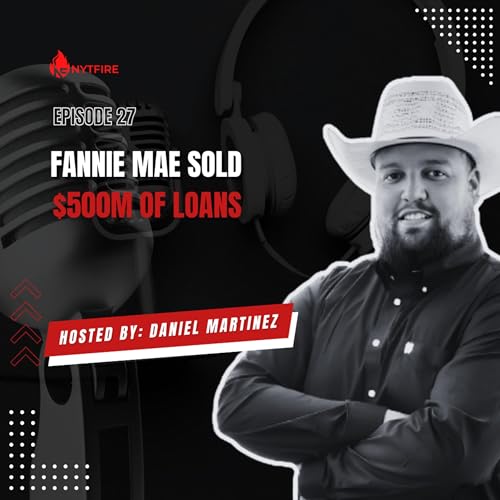 2025/09/162 分
2025/09/162 分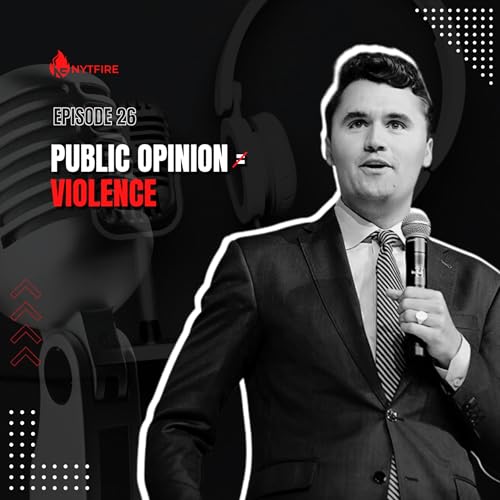 2025/09/123 分
2025/09/123 分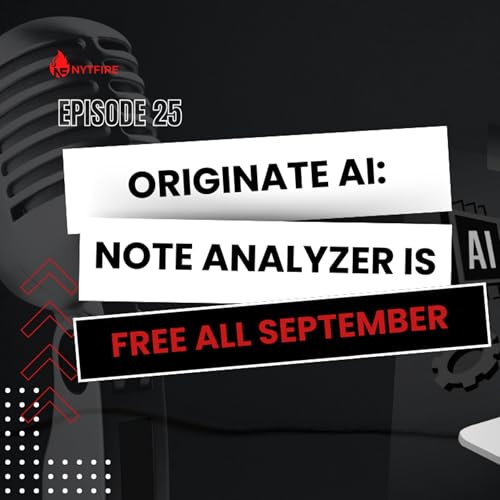 4 分
4 分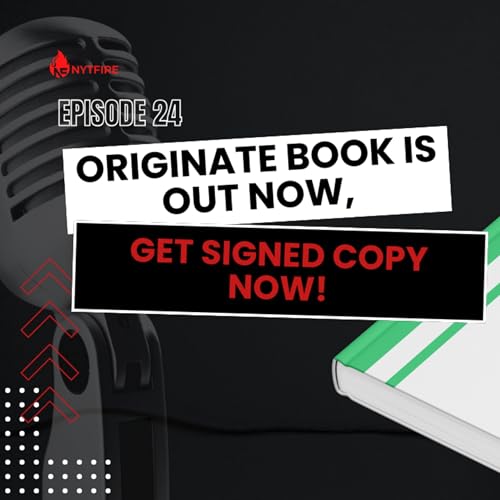 2 分
2 分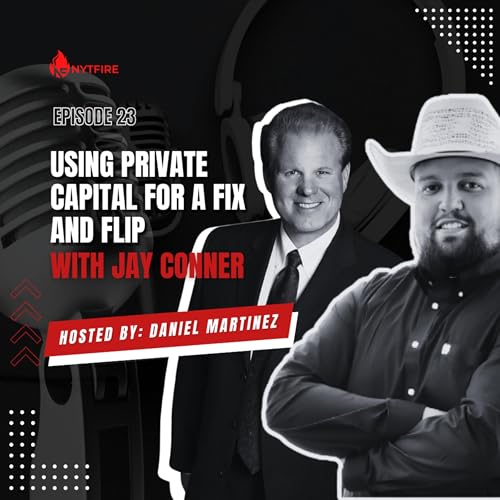 6 分
6 分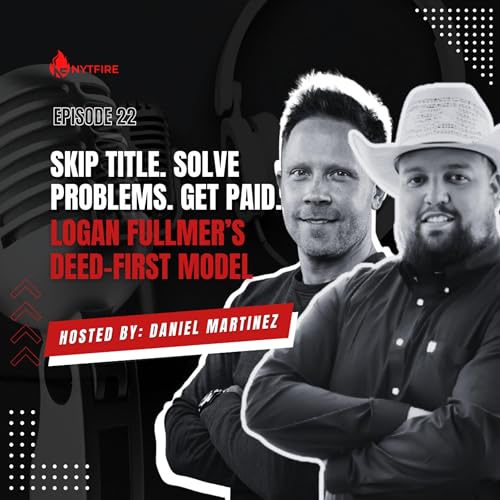 57 分
57 分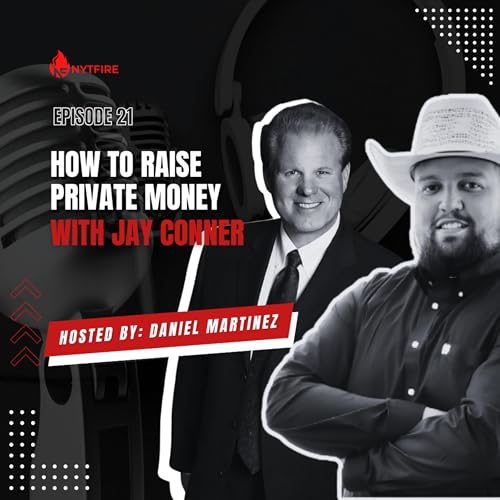 36 分
36 分 1 時間 7 分
1 時間 7 分
